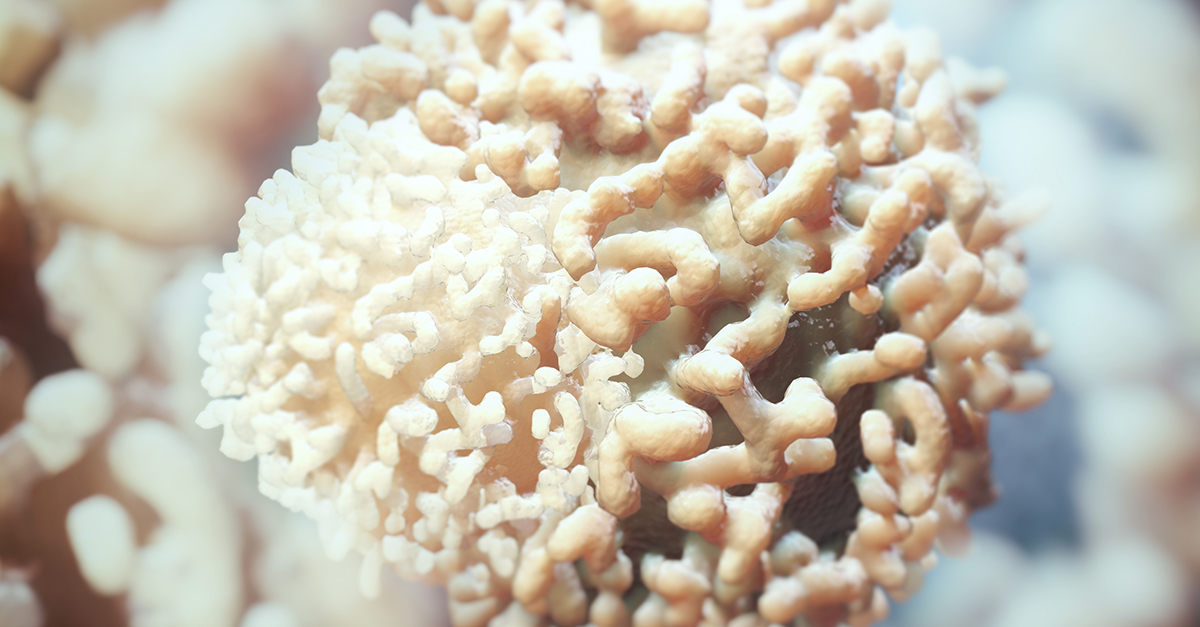
Proton pump inhibitors (PPIs) are the most prescribed drugs in the United States. Americans spend more than $10 billion a year on these drugs, which include omeprazole, lansoprazole, rabeprazole and esomeprazole, designed to treat acid reflux and helicobacter pylori (H. pylori) infections. Now, after the drugs have been on the market for 25 years—the last 16 years of which they have been available without a prescription—some doctors and researchers are questioning whether protracted use of PPIs comes with long-term side effects, including the possibility of an increased cancer risk.
“In the short term, they are likely to be very safe,” says Anthony Perre, MD, Chief of the Division of Outpatient Medicine at Cancer Treatment Centers of America® (CTCA). “But I think it’s really important to critically evaluate the need for a person to remain on a proton pump inhibitor long term.”
How do proton pump inhibitors work?
The stomach digests food with the aid of gastric acid, a mix of hydrochloric acid, sodium chloride and potassium chloride. This highly corrosive soup is produced when gastric cells (G-cells) in the stomach secrete the hormone gastrin, which signals parietal cells in the stomach to start pumping acid. PPIs shut down the proton pumps in the parietal cells, cutting off the production of acid. “If you are blocking acid production by using a proton pump inhibitor, the body says, ‘I don’t have enough acid. Make more.’ So, the way the body reacts is for G-cells to produce more gastrin,” Dr. Perre says. Too much gastrin may stimulate the growth of gastrointestinal tumors. Ironically, proton pump inhibitors often are prescribed to treat acid reflux, also called gastroesophageal reflex disease (GERD), or H. pylori infections, conditions that may increase the risk of stomach and esophageal cancers. “It is a double-edged sword,” he says.
Two studies conducted in 2017 and 2018 concluded that long-term use of PPIs may increase the risk of stomach cancer, also called gastric cancer. Researchers at the University of Hong Kong studied more than 60,000 patients who took PPIs to treat H. pylori. These bacteria, which live in the digestive system, can cause ulcers and increase the risk of stomach or esophageal cancer. The Hong Kong study concluded that long-term PPI use more than doubled the risk of stomach cancer. A Swedish study of patients on PPI therapy drew similar conclusions. But other research has contradicted those findings, Dr. Perre says. The Canadian Association of Gastroenterology, for instance, said the Hong Kong study conclusions were “unjustified.” “There is some discussion and controversy over whether they do or do not increase cancer risk,” Dr. Perre says.
What should PPI patients do?
So, should a patient who is on PPIs stop taking them? The answer is not always simple. Dr. Perre suggests patients who have been on PPIs consult their doctor about their prescription. But, he advises, patients should not stop taking PPIs cold turkey. “Often, people have rebound symptoms after cutting them off abruptly,” he says. Patients with GERD may be able to remain off PPIs if they modify their diet and lifestyle by, for example, not smoking, reducing alcohol and caffeine, avoiding spicy foods and not eating late at night. “It’s clear that lifestyle and diet modification should be the base of the pyramid with any treatment of a patient with acid reflux,” Dr. Perre says. “But in some people where that doesn’t work, they may need to be on proton pump inhibitor therapy long term." In the end, though, whether to continue taking the drugs should be a decision made in consultation with your doctor. Patients should talk to their doctors about long-term PPI use and follow their recommendations on whether to stay on the drugs or use another intervention.



